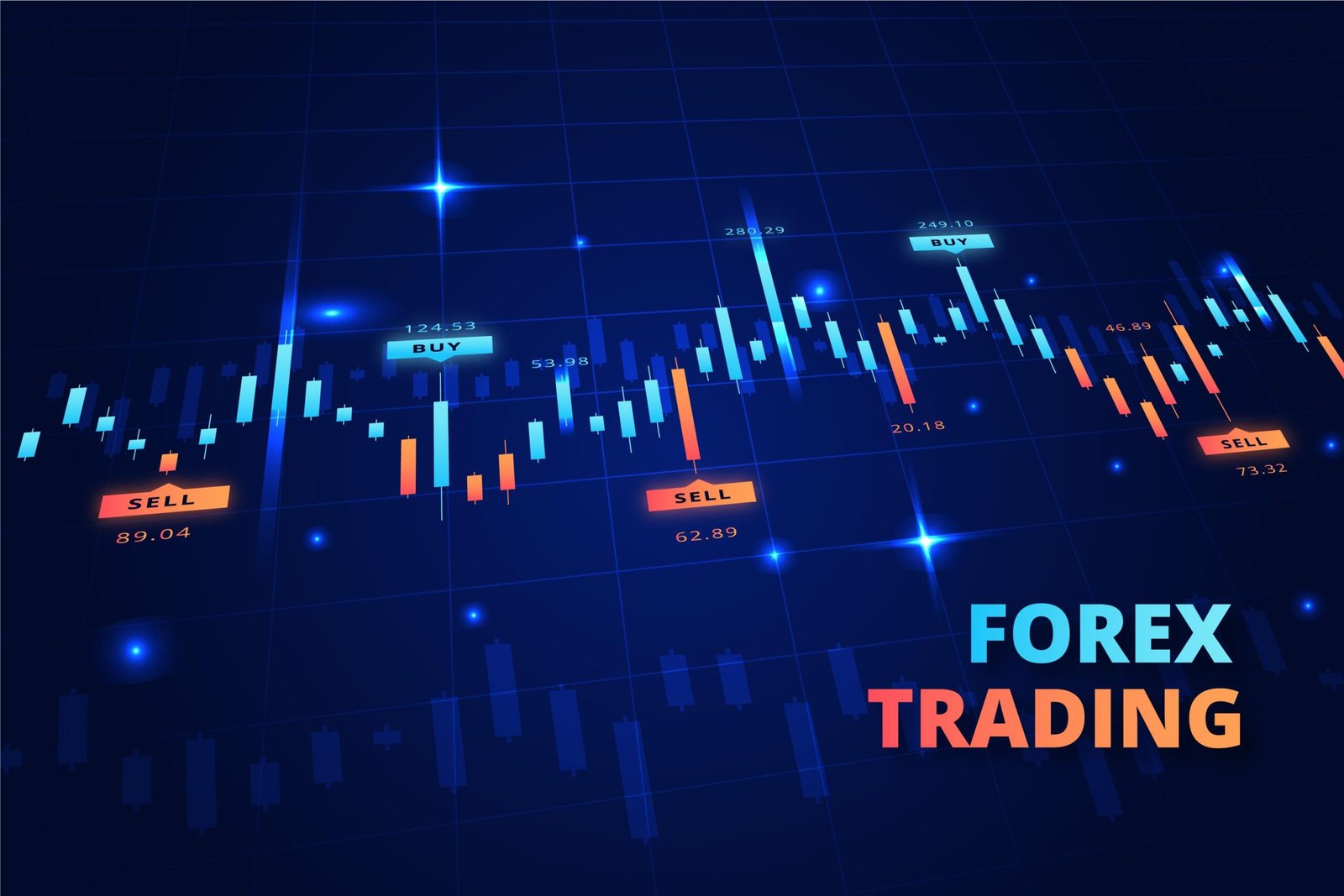What is the importance of Forex education? While Forex may not mean much to the average consumer, in actuality everything we know in American commerce is affected by Forex, the foreign exchange market. Every time the American dollar reduces in value or inflates, it’s because of the world scene of financing. Only someone who follows the goings-on of the foreign exchange market could understand why all avenues relate to each other and are affected.
Some have carefully studied the foreign exchange market over the years and have planned their investments according to predicted changes. The shrewdest of investors have profited immensely, as they were able to learn the market, see disaster coming and knew exactly what to do in order to minimize their losses. Of course, learning all of these financial aspects would involve a solid Forex education.
If you are in business, whether doing business online or if your company is expanding to overseas locations, then the foreign exchange market will be of paramount concern to you. Forex doesn’t merely involve foreign currency but also trade, politics and worldwide economics. (Namely, how one entity affects another on a global scale.) Have you ever desired to learn more about Forex finance and trading but weren’t sure how to get started?
Even if you are not a trained economist, you can still learn how Forex operates through many affordable online resources. A Forex education is available online from such companies as the Forex Club Academy. The Forex Club Academy offers an easy-to-follow text course that explains the fundamentals of Forex trading through e-books, video aids and other visual methods of teaching. This makes the course easy to understand regardless of your educational background. For more information on what the academy can offer you visit the Colt FX website.
The Importance of Forex Education
Forex trading, the buying and selling of currencies on the foreign exchange market, is one of the most popular and potentially lucrative investment opportunities globally. However, the market’s complexity and volatility make it essential for traders to have a solid foundation of knowledge before diving in. Here’s why forex education is crucial:
1. Understanding Market Dynamics
- Complex Market Structure: The forex market operates 24/5 and involves various participants, including central banks, financial institutions, corporations, and individual traders.
- Global Influences: Economic data, geopolitical events, and market sentiment impact currency values. A well-rounded education helps traders grasp these factors.
2. Risk Management
- Volatility: Forex markets can experience significant price swings, leading to both opportunities and risks.
- Leverage Risks: High leverage can amplify profits but also magnify losses. Education teaches traders how to use leverage responsibly.
3. Developing Strategies
- Technical Analysis: Learning to interpret charts, indicators, and patterns is essential for predicting market movements.
- Fundamental Analysis: Understanding macroeconomic factors like interest rates, GDP, and employment data is vital for long-term success.
- Trading Styles: Education helps traders identify whether scalping, day trading, or swing trading suits their personality and goals.
4. Emotional Control
- Psychology of Trading: Fear and greed often drive impulsive decisions.
- Discipline: Education emphasizes the importance of sticking to a trading plan and avoiding emotional reactions.
5. Avoiding Common Pitfalls
- Scams and Misinformation: The forex market attracts fraudulent schemes. Education helps traders identify legitimate brokers and avoid scams.
- Overtrading: Many beginners enter the market without a strategy, leading to losses. Learning proper trading techniques prevents this.
6. Long-Term Profitability
- Skill Development: Trading success is not based on luck but on informed decisions and continuous learning.
- Adaptability: As market conditions change, educated traders can adjust their strategies accordingly.
How to Get Forex Education
- Online Courses: Platforms like Baby pips, Coursera, and Udemy offer comprehensive forex courses.
- Books and Guides: Authors like Kathy Lien and Steve Nison provide valuable insights.
- Demo Accounts: Practicing with virtual funds allows traders to learn without risking real money.
- Webinars and Communities: Engage with experienced traders and learn from their expertise.
- Mentorship: Working with a professional trader can accelerate learning.
Conclusion
Forex education is not just a stepping stone; it is the foundation for a successful trading journey. With proper knowledge and skills, traders can navigate the market confidently, minimize risks, and achieve their financial goals. Investing in education is the first and most critical step toward mastering forex trading.

